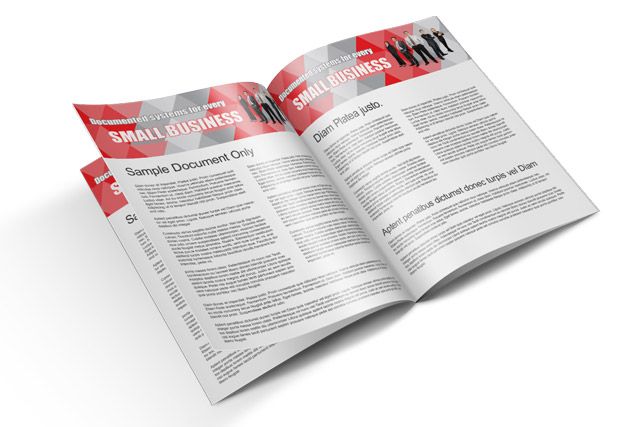Predictive Financial Statements and Legal Overview for SMEs
Empowering SMEs (Issue 064)
Greetings from ESS Small Business – Are You Planning Your Strategies for the New Financial Year?
There is still a lot of debate about what the government is likely to do relative to a number of programs, including JobKeeper, as we approach the original deadline date of 30th September 2020. The government has already announced changes to JobKeeper as it applies to the Childcare Industry and there is speculation that JobKeeper will continue for some industries that are suffering additional pain because of COVID-19 coronavirus.
We think the best plan for small businesses and medium-sized enterprises is to develop your strategies and plans for 2020/21 on the basis that you will not receive any support from any of the government programs after 30th September 2020, unless you are involved in the tourist industry or another business that finds that it is not economical to operate within the types of operating restraints that are likely to be in place by 30th September 2020.
Our suggestion is that you should be having discussions with your accountant now about the development of your strategies – Business Plan/Strategies, Budgets and Cashflow Forecast.
In our “COVID-19 Survival Panel” webinar on Wednesday, 1st July 2020 our first keynote speaker, Paul Barnaby, Predictive Accounting Consultant and Australasian Representative for PlanGuru, will discuss the development of “Preparing 3-Way Budgets Including Cashflow in Under 60 Minutes”.
In his presentation, Paul will comment on the approach to the preparation of predictive financial statements complete with cloud-based KPIs, reports and cashflows, together with the integration of your business' data direct from packages such as Xero and QuickBooks.
Paul will also discuss the suggestion that you could invite your accountant to perform a Chief Financial Officer service for your business so that he/she is involved in all aspects of the financial affairs of your business and not just taxation.
The other keynote speaker on next Wednesday’s webinar is Matthew Karakoulakis, Partner, AMK Law, Adelaide and Melbourne. Matthew will discuss various issues relating to legal matters as they affect SMEs. Business operators need to have an awareness of the law, court decisions and legal precedents, as these can materially affect business operations on a day-by-day basis and what the effect of COVID-19 coronavirus is on the legal processes.
You can register for the free webinar on Wednesday, 1st July 2020 at 12-noon AEST by clicking here.
In the last webinar we heard two interesting presentations relating to cashflow and business funding – a major issue for SMEs in the aftermath of COVID-19.
Nigel Abbott, Director, Fundsition, discussed “Equity Funding” which included “Crowd Sourced Funding Equity Raising” and “Early Stage Innovation Company Capital Raising”.
Nigel indicated that, because of the anticipated problems with SMEs being able to negotiate bank loans and other financial support after 30th September 2020, he believes there will be significantly more enquiries by SMEs as to whether they can utilise “equity funding”.
Nigel indicated that crowd sourced funding has started to gain traction in Australia. He indicated that, in the United Kingdom, equity crowd funding is a very key component in the capital market sector and that it really took off after the global financial crisis primarily because there was a shortage of funding available from the traditional lenders and fast-growing companies were in real need of capital. He indicated that, in the post COVID-19 coronavirus environment in Australia, something very similar could occur.
Nigel indicated the average investment in Australia was around $1,200 and that amount is an indication that the market is “de-risking” the investment that is being made.
Peter Towers spoke about the cashflow effects of debtors and inventories and indicated that it is very important that the leadership team is very conscious of the processes that have been implemented to ensure that debtors' days outstanding is reduced to the lowest possible figure and that the investment in inventories is being monitored on a weekly basis.
If you'd like to know more, you can view the PowerPoint slides utilised by Nigel Abbott and Peter Towers in their presentations by clicking here.
We would like to invite you to visit the ESS Small Business website è Survival in Difficult Times è Learn More where you will find details of the products ESS Small Business has developed to assist small businesses and medium-sized enterprises to gain a better understanding of strategies which will assist you to survive in your business.
If you would like to have a discussion, please don’t hesitate to contact us.
- peter@essbiztools.com.au
- Telephone 1800 232 088
If you have a friend or colleague who you think might find this article interesting, we invite you to pass the article on to them.
Stay safe!
Have a great day!





































